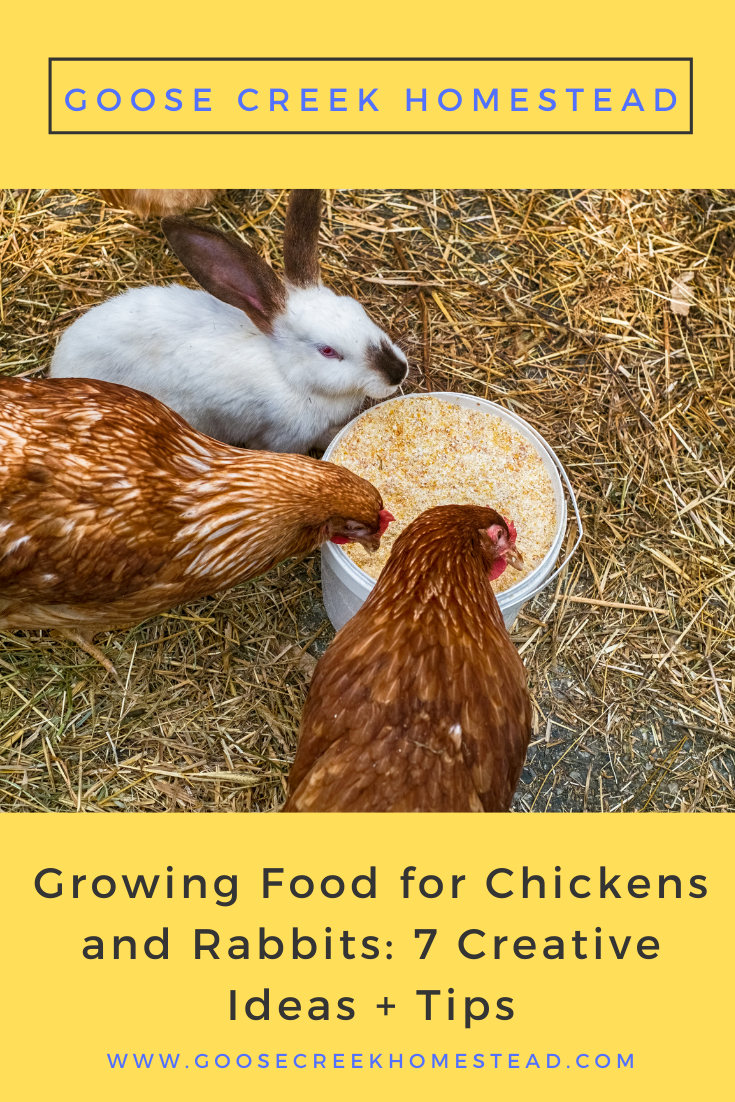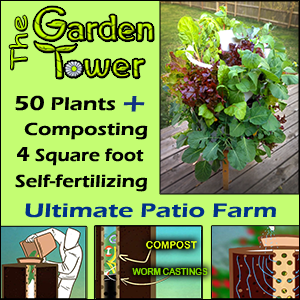Growing your own food for your homestead chickens and rabbits is a great way to save money. Here’s what to grow for chicken and rabbit feed, plus tips for ensuring they are getting all the nutrition they need.
When you’re running a small homestead, every single penny counts. Feed bills can add up quickly, especially right now with inflation and supply shortages on the rise. The less dependent you are on the feed store, the better off you’ll be.
Growing food to feed chickens and rabbits naturally is a great way to increase your self-sufficiency and lower your feed bills at the same time. You don’t need a lot of space to grow free food for small livestock and you will be providing them with a healthier diet that includes more variety and better nutrition.
Read on to find out what to grow for chicken and rabbit feed! We’ve got lots of creative ideas for you, including some tips to help you ensure your animals are getting all the nutrition they need.
What to Grow for Chicken and Rabbit Feed
1. Growing Food for Chickens and Rabbits with the Cut and Come Again Method
Growing food for chickens and rabbits doesn’t have to take up a lot of space or time. You can grow a ton of leafy greens for your small livestock in a garden tower with a small footprint or a 4×8 raised bed. Stick to dark green leafy vegetables that will regrow over and over again, like bok choy, kale, leaf lettuces, chard, and beet and turnip greens.
Each day you can harvest the largest leaves from each plant to feed them directly to your chickens and rabbits. Just be sure to leave enough of the smaller leaves behind to grow for another day. It’s also a good idea to succession plant your greens every two weeks or so to ensure that you have a continuous harvest for your bunnies and chickens.
If you grow more greens than you can use fresh, harvest them, and lay them out in a dry, sunny place until they’re completely dry. Store the dried greens in a cool, dry, dark place and use them to supplement your animals’ diet throughout the winter.
Rabbits and chickens both love leafy greens but be sure to introduce them to your rabbits slowly. Too many leafy greens at once can cause tummy troubles in rabbits if they’re not used to them. On the other hand, your chickens will likely devour as many leafy greens as you want to give them without any issues.
Leafy greens provide an excellent dietary supplement for other small livestock, including quail. Just be sure they have access to high-quality pellets and offer your rabbits hay, just to make sure their nutritional and digestive needs are being met.
2. Grow Your Own Hay for Your Rabbits and Chickens
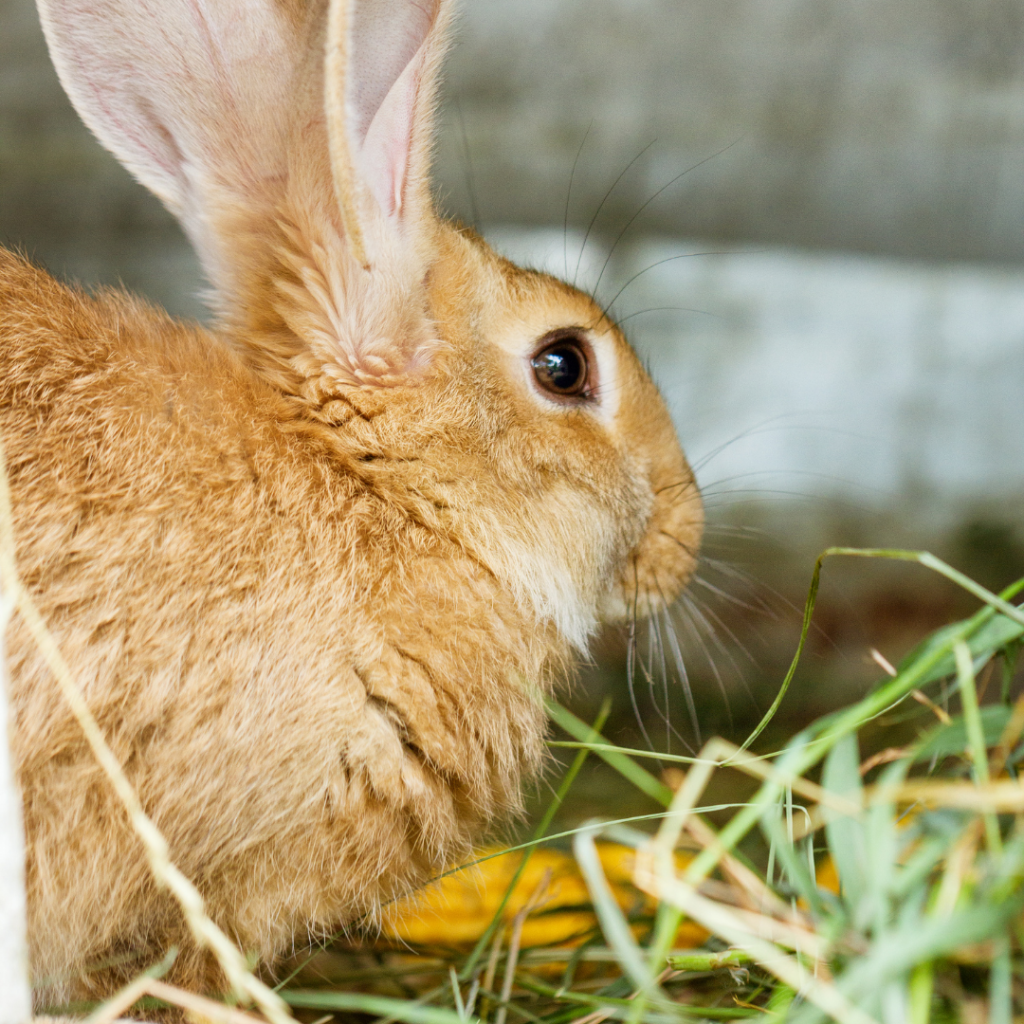
Another idea is to designate an area of your yard for chicken and rabbit food. It could be a 10-foot x 10-foot square, or larger if you have more space available. Plant this area with nutritious grasses like alfalfa and orchard grass.
Let it grow until it’s two or three feet tall and on a dry, sunny day, mow it down and let it dry in the sun. Once it’s completely dry, you can save it in old feed bags or something similar to feed to your chickens and rabbits anytime. This is a great way to put food aside to feed your rabbits and chickens in the winter.
Rabbits absolutely love homegrown hay, but you might be surprised to find that your chickens love it too. We give it to our chicken flocks all winter long and they totally devour it in a matter of minutes.
3. Grow Root Vegetables for Your Chickens and Rabbits
Root vegetables take up a little more space in the garden, but they’re really easy to grow and they can be a fantastic supplement to your rabbits’ and chickens’ diet. If you have space, designate an area in your garden just for roots like carrots, beets, turnips, and parsnips.
Your animals will love the roots and tops of these vegetables. You could also feed them just the tops and keep the roots for yourself. Either way, you’ll be providing some additional variety and nutrition to their diet.
Rabbits love root vegetables but keep in mind that they’re high in sugar. It’s best to offer rabbits root veggies just as a treat to ensure that they still have plenty of room in their diet for hay to keep their digestive system healthy and pellets to ensure their nutritional needs are met.
Chickens love root vegetables too, but mine will only eat them after they’re cooked. You can simply boil them in large batches and keep them in the fridge if you plan to offer them to your chickens regularly.
The nice thing about root crops is that they can be stored for the winter to provide a nutritious supplement to your animal’s diet when there isn’t much else available. The tops can be dried and stored as well if you have enough to make it worth your time.
4. Growing Sweet Potatoes for Chickens and Rabbits
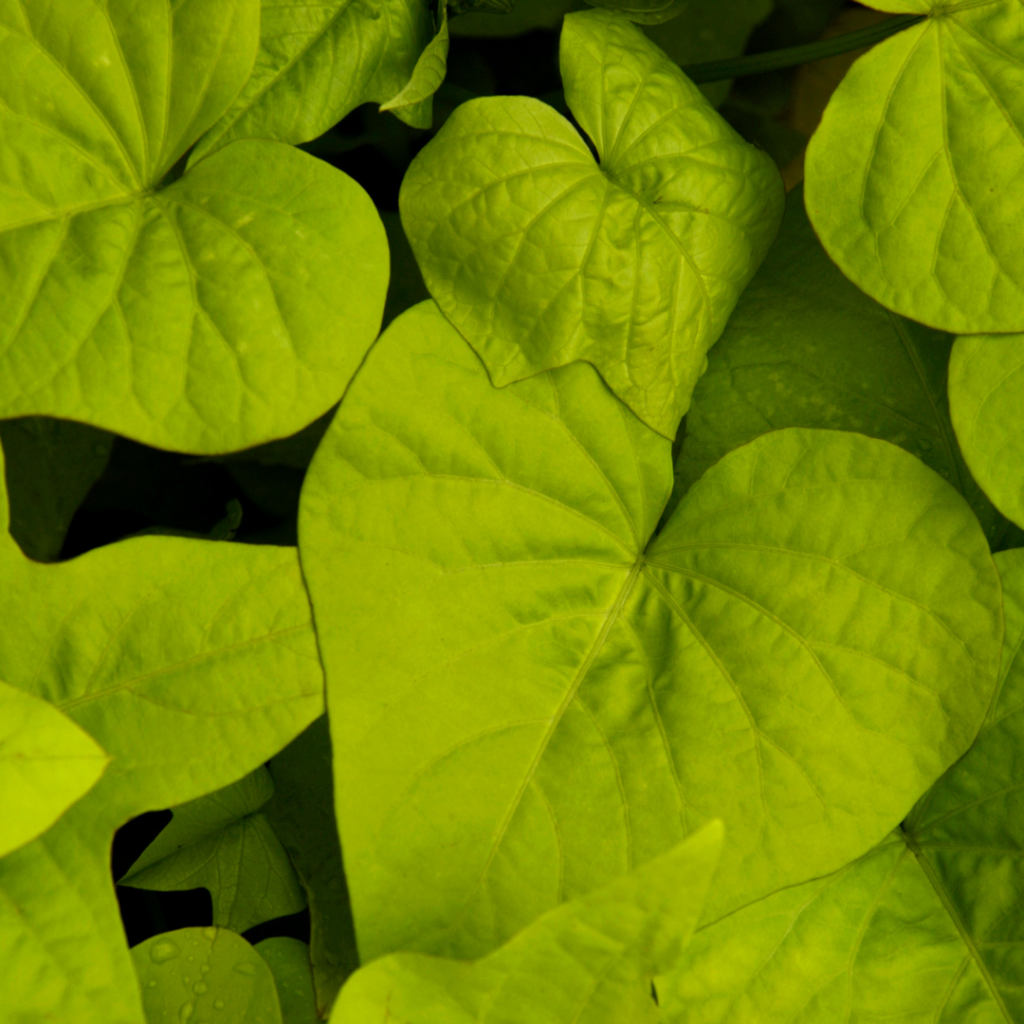
If you live in a climate where sweet potatoes thrive, you can grow a ton of free food for your rabbits and chickens in a fairly small space. Sweet potato plants provide a profusion of edible greens all summer long that rabbits and chickens both go crazy for. Simply harvest what you need and let the rest grow for a continuous supply of edible greens until frost.
It’s important to note that rabbits should never be fed regular potatoes or regular potato plants. Regular potatoes are difficult for rabbits to digest, and regular potato vines are toxic to rabbits.
5. Grow Herbs for Your Chickens and Rabbits
Chickens and rabbits love the taste of fresh herbs from the garden, including parsley, sage, rosemary, oregano, thyme, basil, mint, and more. They’ll eat everything from the leaves to the flowers and tender stems. Your rabbits will love chewing on tough woody stems at the end of the season too.
Herbs are full of beneficial vitamins, minerals, and antioxidants. Some have additional benefits, like boosting the immune system, fighting parasites, and calming anxiety. Offering herbs to your rabbits and chickens regularly is a great way to boost their health and add variety to their diet at the same time.
6. Feed Weeds to Your Chickens and Rabbits
Next time you’re weeding the garden, save the weeds for your rabbits and chickens. Chickens will devour giant piles of weeds, roots, and all. Rabbits will also love weeds, especially dandelions and clover. Weeds can even be pulled right from your yard, as long as you haven’t applied any chemicals like fertilizers, herbicides, or pesticides.
Dandelions provide a variety of nutrients, including beta-carotene, calcium, iron, and potassium. Clovers are also high in protein and other valuable plant compounds. They’ll both be some of your rabbits’ and chickens’ favorite treats from the garden!
7. Feed Flowers to Your Chickens and Rabbits
Did you know that bunnies and chickens love to eat flowers? Your rabbits and chickens will eat the flowers, leaves, and stems of marigolds, nasturtiums, zinnias, sunflowers, and more. You can offer them spent flowers when you’re deadheading or pruning, as well as the entire plant at the end of the growing season.
You might want to avoid offering African Marigolds to your bunnies though… they have a strong smell your bunnies won’t appreciate, and they may upset their stomachs.
What Not to Feed Your Chickens and Rabbits from the Garden
Growing food for chickens and rabbits is a great way to save money, but there are some garden plants they cannot eat.
Chickens and rabbits should never be fed plants from the nightshade family, including tomatoes, peppers, eggplants, and conventional potatoes. While it is ok to feed them the fruits of these plants s in small amounts, the plants themselves can be toxic, especially to rabbits. All nightshade plants should go to your compost pile, not your animals.
Avocados contain a fungicidal toxin called persin, so they should never be fed to your chickens or rabbits either. This toxin can be deadly to rabbits and it’s not good for chickens either. Put your avocado pits, peels, and tree trimmings in the compost bin instead.
Never feed your rabbits or chickens anything from the garden or yard that has been treated with chemicals, especially pesticides and herbicides. Even if it’s been months since you sprayed your yard or garden, the residue left behind on the plants and fruit could make your animals very sick or even kill them. Organic produce, plants, weeds, and grass clippings are the way to go.
And finally, many plants, like foxglove, morning glory, sweet peas, and wild carrot are poisonous and should never be fed to your animals. Never feed a plant, fruit, or vegetable to your rabbits or chickens if you’re not 100% sure of what it is and if it’s safe for them to eat. Always do your own research before offering new foods, and if there’s any doubt, don’t feed it to your animals. It’s just not worth the risk.
What can I grow in my garden to feed my rabbits?
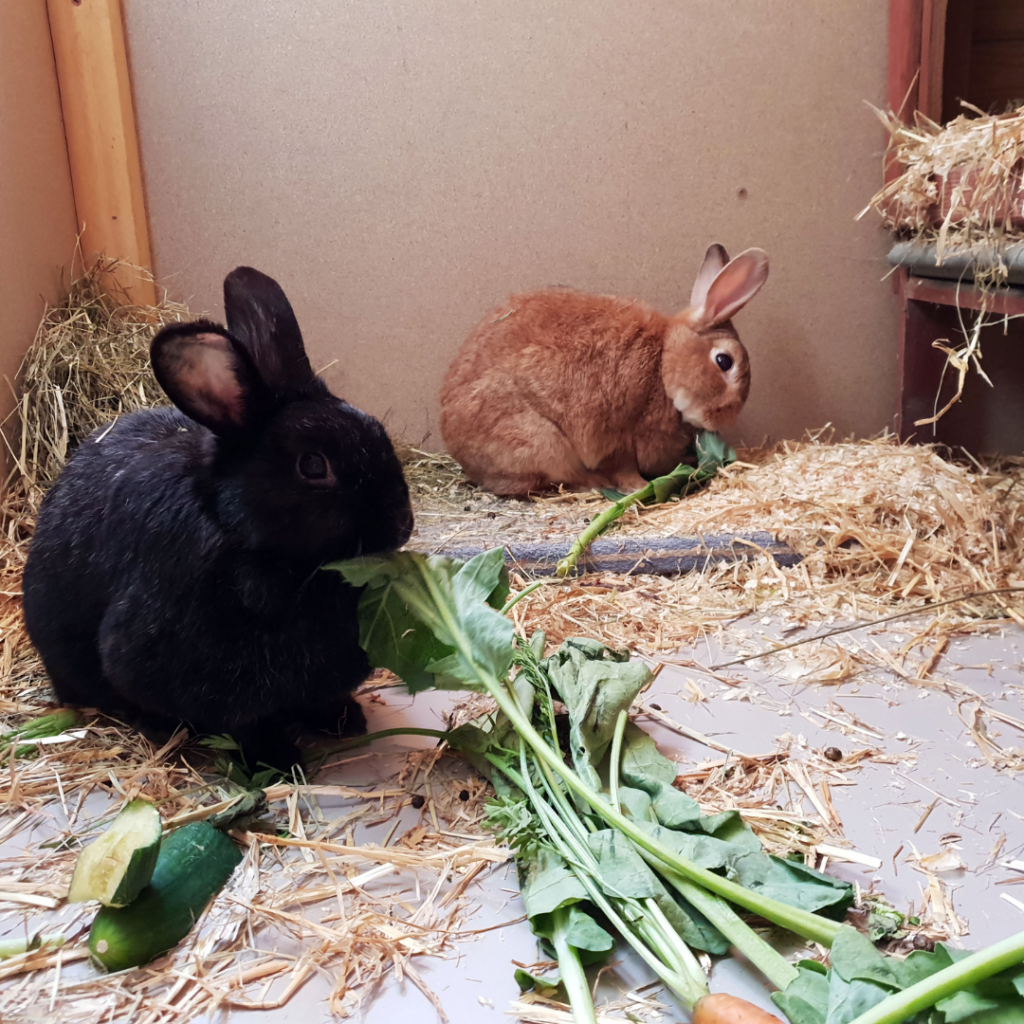
Rabbits can eat most leafy greens, herbs, vegetables, and even weeds like dandelions from the garden in moderation. Your rabbit will love fruits and root vegetables, too, but they should be offered only as a treat once or twice a week since they’re high in sugar.
The key is to introduce any new food to your rabbit in tiny amounts over several days to avoid stomach upset. In addition to a handful or two of fresh foods from the garden, the main portion of your rabbit’s diet should be high-quality hay. You should also offer a small amount of pellets each day and provide a continuous supply of fresh, clean water.
Avoid offering your rabbits nuts, seeds, beans, corn, or white potatoes. These foods are hard for a rabbit to digest and could lead to serious digestive issues.
Rabbits have delicate digestive systems, so it’s important to watch their stools carefully when offering new foods. At the first sign of loose stools or diarrhea, take away any fresh foods and offer hay and pellets only until stools return to normal. Be sure to reintroduce any fresh foods in tiny amounts to give your rabbit’s tummy a chance to get used to them.
If in doubt, do your own research before introducing any new food to your rabbit!
What can I grow in my garden to feed my chickens?
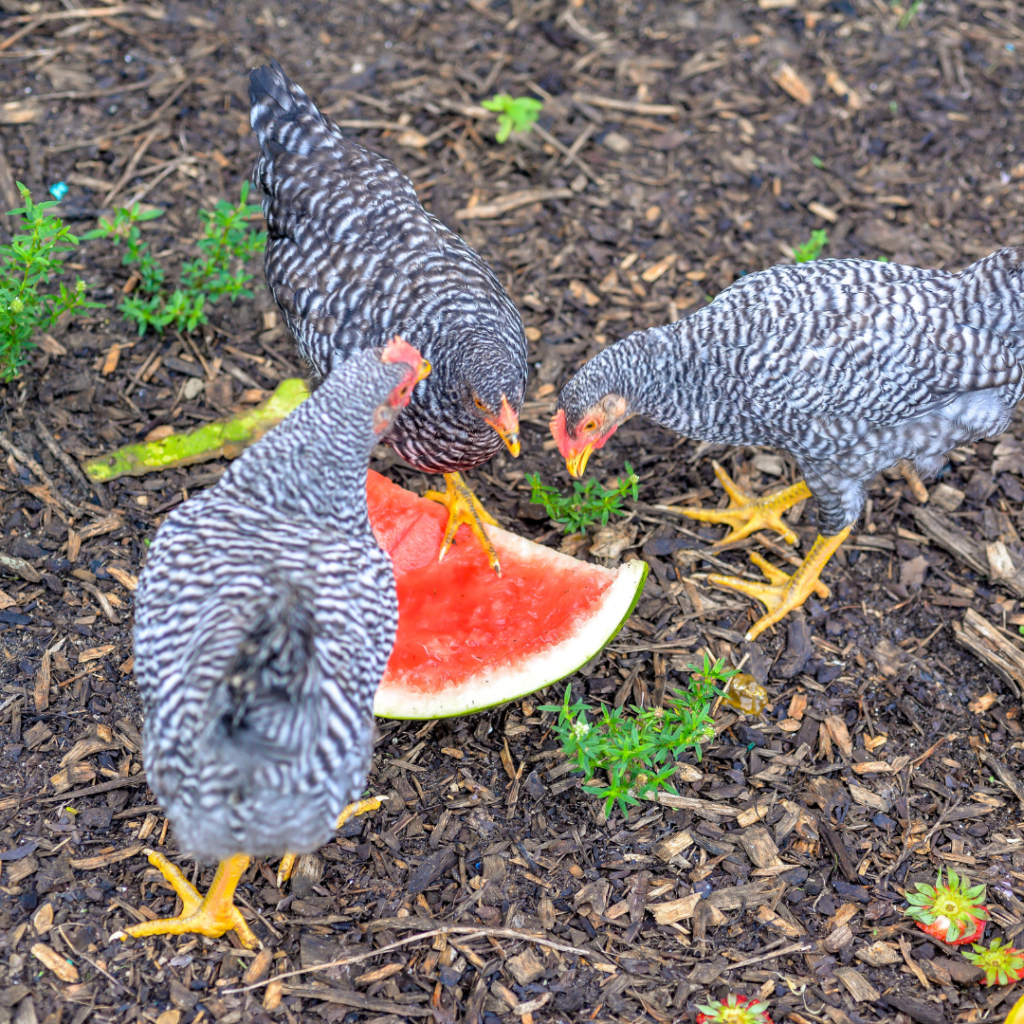
Growing food for chickens in your homestead garden is easy! Chickens will devour everything from leafy greens, herbs, fruits, and vegetables to weeds like dandelions and even your spent garden plants at the end of the season. Melons, squash, and pumpkins are an all-time favorite! Chickens will also love vegetables that have been damaged by bugs or left on the vine too long.
Chickens are like garbage disposals, so feel free to offer them as much fresh food from the garden as you like. However, you should also provide high-quality chicken crumbles or pellets, a calcium supplement for your layers, grit, and fresh, clean water at all times.
But, don’t be surprised if your chickens don’t eat much of their commercial food when they’re getting lots of fresh food from the garden… it’s a great way to lower that feed bill and your chickens will be even healthier for it!
Can rabbits and chickens eat cucumbers?
Yes, chickens and rabbits can eat cucumbers. In fact, chickens don’t even mind if they’re overripe or a little buggy. Chickens will peck out the guts, seeds, and flesh and leave behind the picked clean skin. Cucumbers have a high water content, so they’re an excellent treat to offer your animals in the hot summer months.
Can rabbits eat spinach?
Yes, rabbits can eat spinach, but only in moderation. You can offer spinach to your rabbits once or twice per week as part of a balanced diet that includes grass hay, fresh foods from the garden, and rabbit pellets.
Final Thoughts on Growing Food for Chickens and Rabbits
This is by no means an exhaustive list of what to feed chickens and rabbits from the garden and yard. For example, chickens will devour grass clippings, caterpillars, and other bugs. Rabbits love the leaves of berry bushes and trimmings from willow trees. Start by looking around your property to see what’s already growing, do some research to see if it’s safe to feed to your animals, and take advantage of it!

